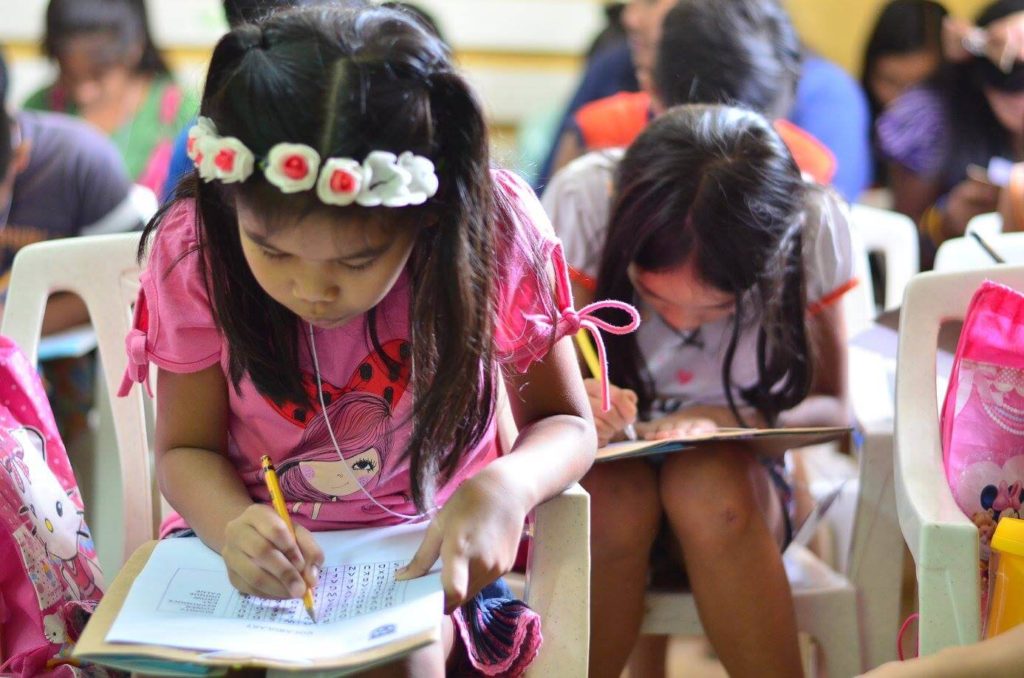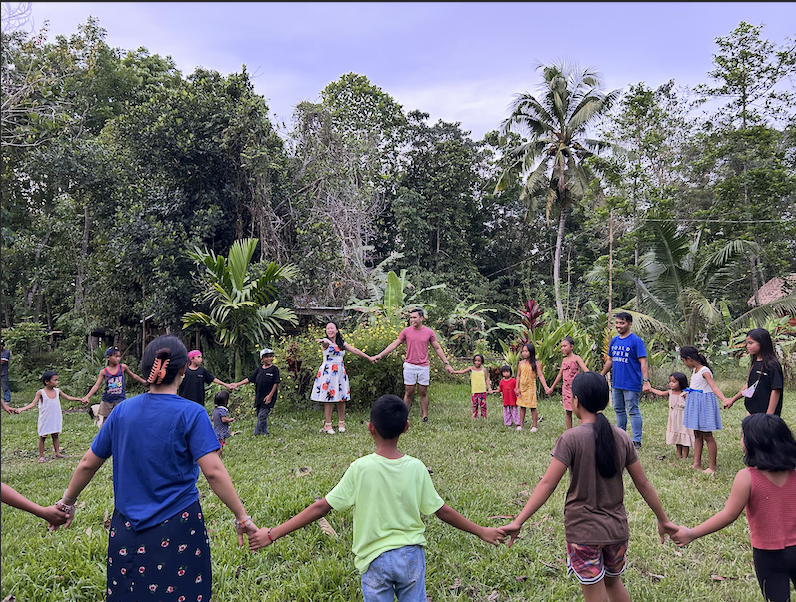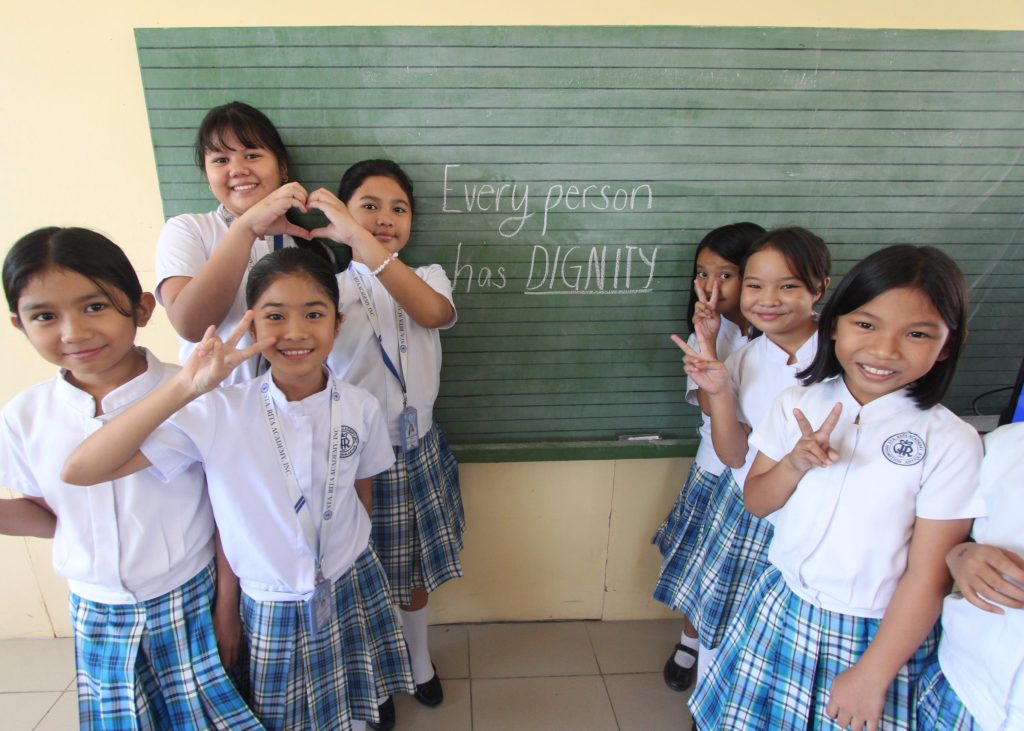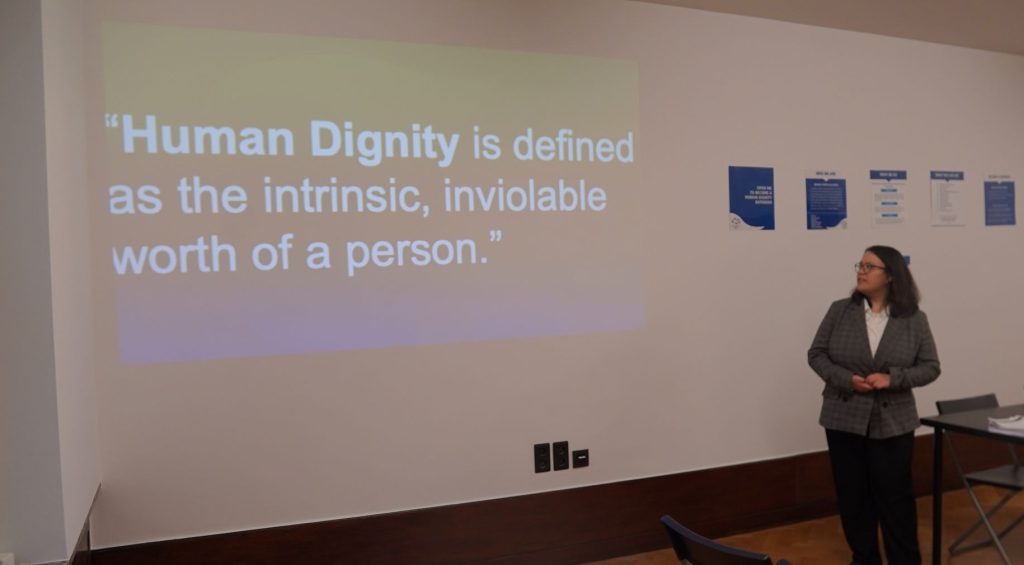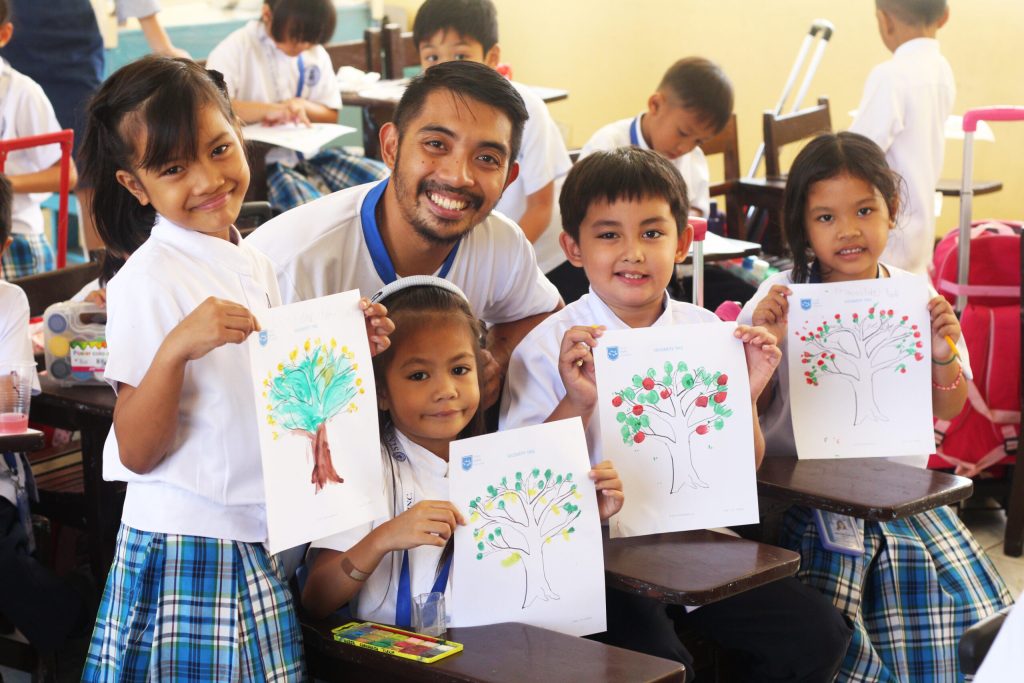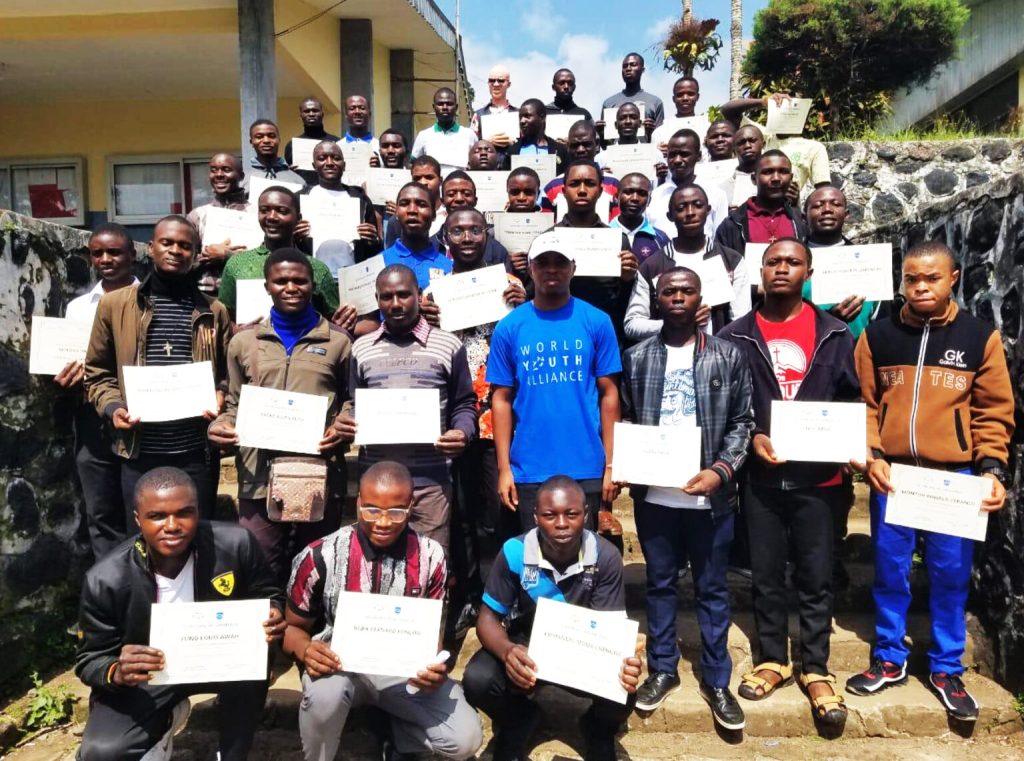“Who am I and who can I become?”
These are the big questions at the heart of the Human Dignity Curriculum (HDC), the premier educational program developed by the World Youth Alliance.
The HDC focuses on forming students in order for them to understand their dignity as persons, and to manifest this understanding through the choices that they make for themselves and in relation to others.
The HDC was developed in collaboration with a research and development committee of experienced educators and medical doctors as a response to existing deficiencies in sexual education programs being implemented worldwide. Based on an anthropological approach, each lesson in the HDC focuses on the “big picture” theme of how a proper understanding of the human person leads to human flourishing—helping students to understand and develop healthy habits, good decision-making skills, and a strong sense of meaning and purpose.
For WYA, standards for sexual education must first and foremost acknowledge human dignity in order to help individuals make healthy choices for themselves. From there, students will be more knowledgeable in treating others with respect and love. This contributes to the formation of healthy and responsible citizens at a very young age.
Before the curriculum’s official launch in 2017, the HDC was implemented in three pilot centers in the Philippines: one in a public school in Mandaluyong City and the other two in local slum communities, in partnership with local Non-Government Organizations (NGOs).
The HDC served as a platform where students were introduced to new vocabulary intended to help them understand and articulate concepts of dignity, respect, freedom, and solidarity, and more importantly, it served as an experience where students could encounter the meaning behind these ideas through their relationships with their teachers, HDC volunteers, friends, and family.
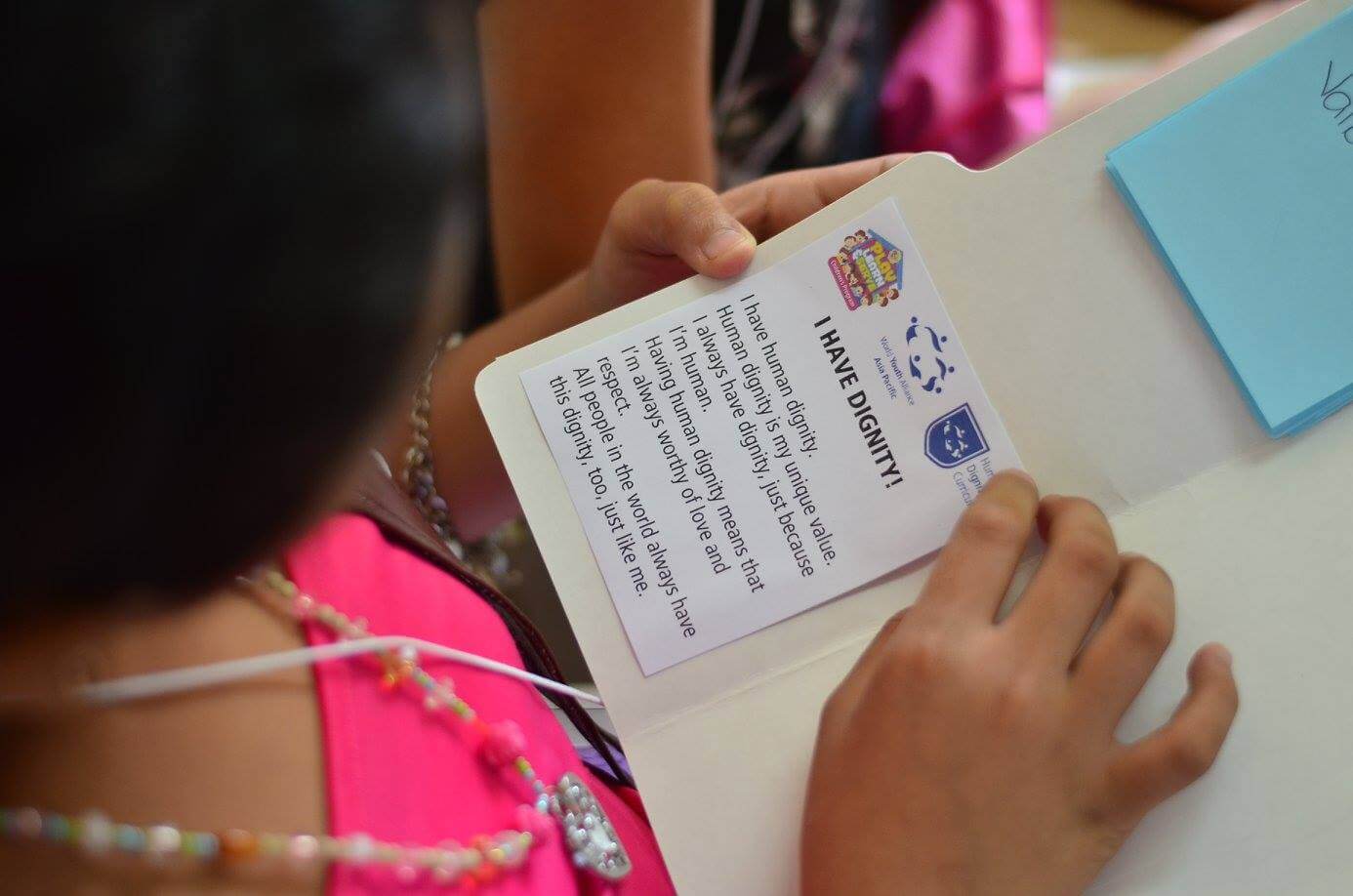
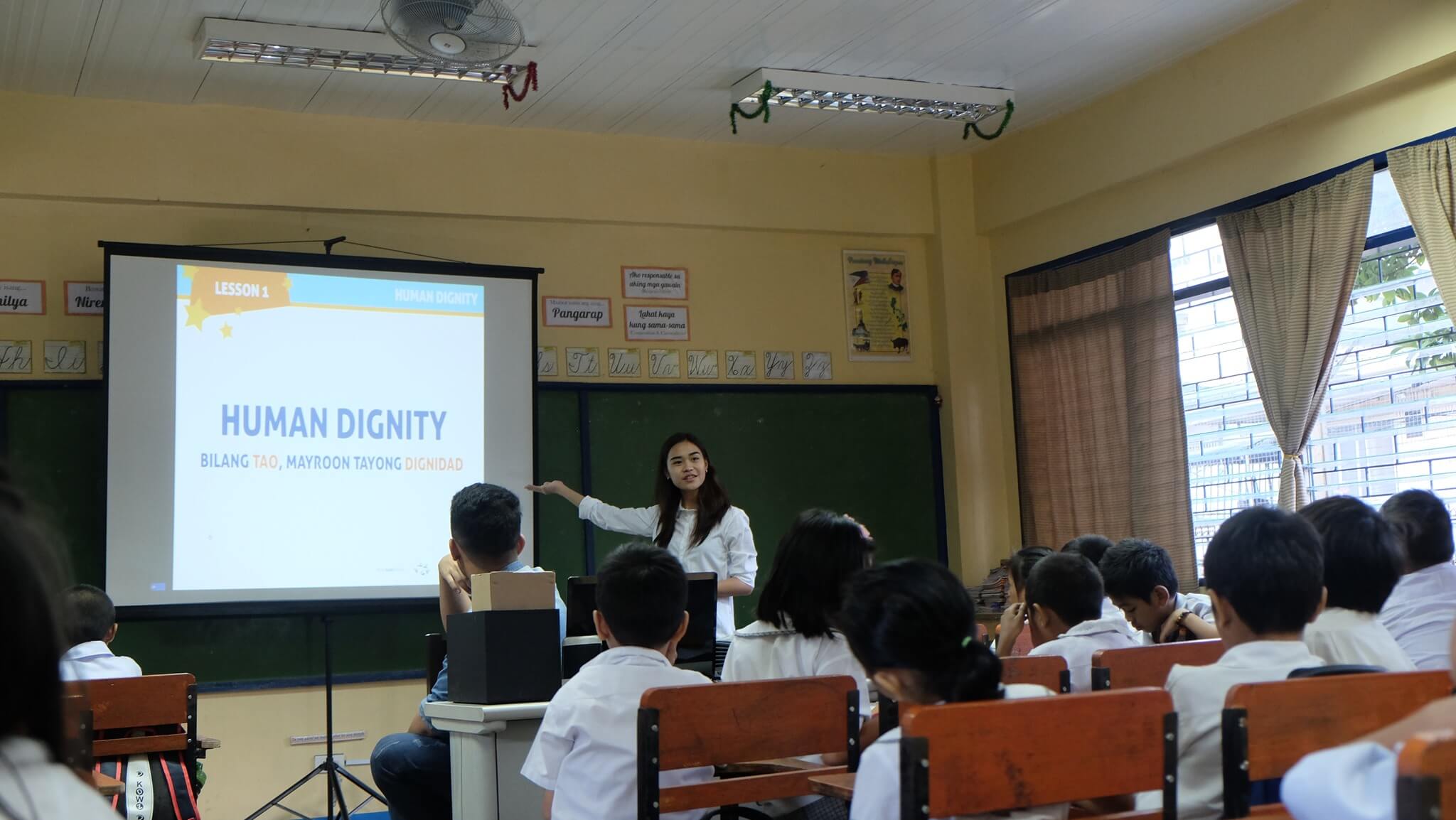
Aireen Navales, the Founder of Play, Learn and Serve–one of WYA Asia Pacific’s earliest HDC partners, shared, “ shared, “If (the kids) are formed by the principles and values of WYA and the HDC at a very young age, then just imagine how these can inspire and encourage them to grow (up) with integrity.”
Today, the HDC is implemented worldwide and it shows no signs of stopping in the Philippines. In Payatas, Quezon City, the Consuelo “Chito” Madrigal Foundation (CCMF) continues to implement the curriculum in their community of distressed families as a way to compliment interventions like livelihood training programs and technical-vocational courses. In the southern islands of the Philippines, the Ateneo de Zamboanga University (ADZU) Sugpat Program saw the emerging need for programs to address the concern of the growing number of out-of-school youth after the 2013 Zamboanga siege. The HDC slowly became a vital component of their Alternative School for Peacebuilding and the Arts where youth and adolescents are trained to make informed decisions about their personal well-being, especially in times of calamity.
The HDC continues to fill gaps in Philippine society and around the world. What started as an attempt to address gaps in comprehensive sexuality education for children, eventually became a holistic approach to education that aims to make each student a collaborator in the process of learning about the world, who they are, and who they can be.
Questions? Want to bring the HDC to your home, school, or local community? Send us an email at asiapacific@wya.net .
World Youth Alliance (WYA) is an international non-government organization composed of young people committed to promoting the dignity of the human person and building solidarity among youth from all nations. Founded in 1999, it is a United Nations ECOSOC-accredited organization that trains young people to work at the regional and international levels to impact policy and culture.
The WYA mission begins with the fundamental notion that the human person possesses inherent and inviolable dignity–an idea that can be understood and acknowledged by individuals of all cultural and ideological backgrounds. WYA envisions a world in which human dignity is the foundation for policy and program implementation. This world understands that progress entails a commitment to person-centered solutions, and sees the human person not as an object to be discarded at will, but a being with infinite potential for excellence.
